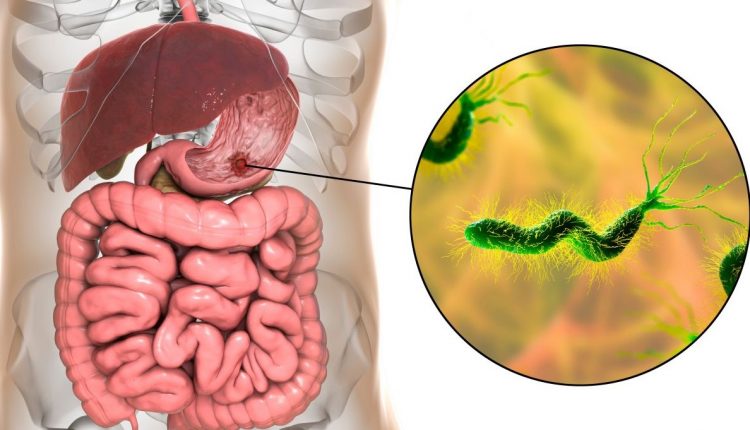
Helicobacter Pylori infection: what causes it, how to recognise it and treatment
It is a chronic infection of the gastric mucosa by Helicobacter Pylori (HP). This bacterium manages to survive in the acidic environment of the stomach and damages its cells, triggering an inflammatory reaction that results in a chronic disease, chronic superficial or atrophic gastritis
Infection is also the main aetiological factor in peptic ulcer (both duodenal and gastric).
HOW IS A HELICOBACTER PYLORI INFECTION RECOGNISED?
No specific symptomatology determined by the infection has been identified.
The symptoms may therefore be those of chronic gastritis and functional dyspepsia or those of ulcerative disease. In many cases, the infection is found in completely asymptomatic individuals.
Both invasive and non-invasive methods can be used to diagnose Helicobacter Pylori infection
The former involve performing an oesophagogastroduodenoscopy with gastric biopsies: the bacterium can be identified by the histologist on the histological preparation, or it can already be detected during the examination by means of a rapid test (urease test); in cases of documented resistance of the bacterium to traditional antibiotic treatments, the biopsy can be used for the culture of Helicobacter Pylori, i.e. for a very precise, albeit technically complex, diagnostic test, which, combined with the antibiogram, makes it possible to document which antibiotics the bacterium is resistant or sensitive to.
This then allows targeted eradication therapy to be carried out.
Non-invasive examinations allow diagnosis of the infection by means of blood sampling (antibody test), breath analysis (urea breath test) or even stool analysis, a method used in only a few centres, but often performed in children.
HOW IS IT CURED?
Eradication of the infection is achieved using various treatment regimes involving a potent inhibitor of gastric acid secretion (proton pump inhibitors) and a combination of antibacterials, variously combined.
The indication for the eradication of the infection is certain in individuals with ulcerative disease, precancerous lesions of the stomach, MALT lymphoma and in those undergoing chronic therapy with non-steroidal anti-inflammatory drugs (NSAIDs); it is to be defined in all other cases.
Read Also:
Emergency Live Even More…Live: Download The New Free App Of Your Newspaper For IOS And Android
Helicobacter Pylori: How To Recognise And Treat It
Irritable Bowel Syndrome (IBS): A Benign Condition To Keep Under Control
Gastroesophageal Reflux: Causes, Symptoms, Tests For Diagnosis And Treatment
Ulcerative Colitis: Phase III Study Shows Efficacy Of Investigational Drug Ozanimod
Peptic Ulcer, Often Caused By Helicobacter Pylori



